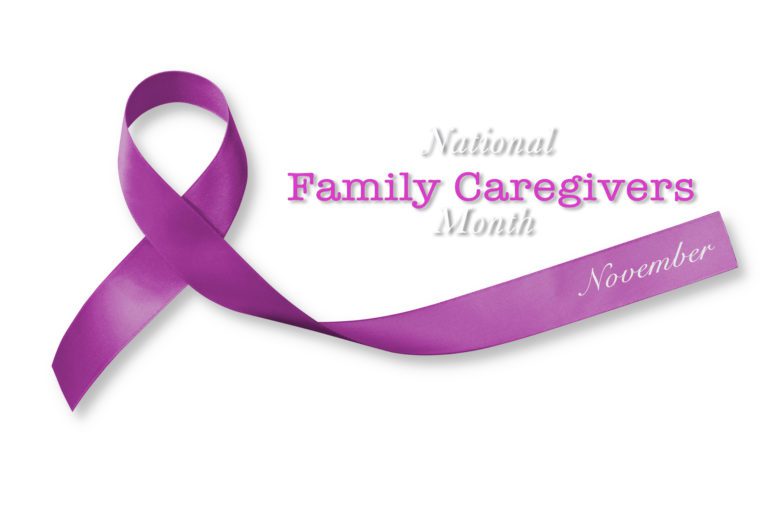Heart disease is one of the leading causes of death across the globe—but the good news is that it’s largely preventable. At From The Heart Home Care, we believe in empowering individuals of all ages with the knowledge and tools to protect their heart health through every stage of life.
Whether you’re in your 20s or your 70s, small lifestyle changes can add up to major long-term benefits. This guide outlines age-specific strategies to help prevent heart disease, including diet, exercise, stress management, and routine screenings.
Why Heart Health Matters at Every Age
Cardiovascular disease doesn’t develop overnight. It’s the result of long-term damage from poor diet, inactivity, stress, and other lifestyle factors. Even if you feel healthy now, unhealthy habits can silently increase your risk over time. The key is prevention—and it’s never too early or too late to start.
By incorporating heart-smart habits now, you can:
- Lower your blood pressure
- Reduce cholesterol levels
- Maintain a healthy weight
- Improve circulation and heart function
- Prevent conditions like heart attack, stroke, and peripheral artery disease (PAD)
Heart Health Tips for All Ages
No matter your age, certain healthy behaviors form the foundation of heart disease prevention.
🥗 Choose a Heart-Healthy Diet
A balanced diet can significantly reduce your risk of heart disease. Focus on:
- Fruits and vegetables: Aim for a variety of colors and types.
- Whole grains: Opt for brown rice, oats, quinoa, and whole wheat.
- Lean proteins: Include fish (especially oily fish like salmon and mackerel), poultry, legumes, nuts, and seeds.
- Low-fat dairy: Choose unsweetened yogurts, skim milk, or alternatives like almond milk.
- Limit red meat, sodium, and processed foods.
- Reduce sugary beverages: Drink water or herbal teas instead.
🏃 Be Physically Active
Aim for:
- At least 150 minutes of moderate-intensity aerobic activity per week (e.g., brisk walking)
- Or 75 minutes of vigorous-intensity aerobic activity (e.g., running)
- Muscle-strengthening activities two days a week
- Children should get at least 60 minutes of activity daily
⚠️ Know the Warning Signs of Heart Disease
Early recognition of symptoms can save lives. Heart attacks may not always feel like chest pain, especially in women. Look out for:
- Shortness of breath
- Unexplained fatigue
- Chest discomfort
- Pain in the arms, jaw, or back
- Dizziness or fainting
Similarly, stroke symptoms include sudden numbness (especially on one side of the body), trouble speaking, or confusion. Learn the FAST acronym:
Face drooping, Arm weakness, Speech difficulty, Time to call 911.
In Your 20s: Start Strong, Stay Strong
Your 20s are the perfect time to build lifelong heart-healthy habits. The earlier you start, the better your long-term outcomes.
Establish a Relationship with a Healthcare Provider
Even if you feel healthy, regular checkups help track:
- Blood pressure
- Heart rate
- Cholesterol levels
- Blood sugar
- Body mass index (BMI)
Early tracking makes it easier to spot and manage changes later on.
Build an Active Lifestyle
Get into the habit of exercising regularly. Whether it’s jogging, dancing, hiking, or cycling, find activities you enjoy.
Avoid Tobacco
Smoking damages your heart and blood vessels. Even secondhand smoke increases your risk. Quitting smoking now drastically reduces your chances of heart disease in the future.
Learn More: Understanding Palliative and Hospice Care
In Your 30s: Balance Career, Family, and Health
Your 30s can be hectic with work and family responsibilities, but prioritizing your heart health is crucial.
Make Healthy Living a Family Affair
Get the whole household involved in:
- Meal prepping healthy dishes
- Gardening
- Active play and family walks
- Limiting screen time and promoting movement
Know Your Family History
Genetics play a role in heart disease. Talk to relatives about their health history, especially if a parent or sibling has experienced heart problems.
Manage Stress Proactively
Chronic stress can elevate your heart rate and blood pressure. Try:
- Deep breathing exercises
- Yoga or meditation
- Hobbies and time outdoors
- Volunteering or community service
In Your 40s: Stay Ahead of Midlife Health Changes
Your 40s may bring subtle changes in metabolism and hormone levels, which can increase your risk for chronic illnesses.
Monitor Your Weight
Many people gain weight in their 40s due to slower metabolism. Avoid this by:
- Eating smaller portions
- Choosing nutrient-dense foods
- Staying consistent with exercise
Get Screened for Diabetes
The CDC recommends a fasting blood glucose test by age 45, earlier if you’re overweight or have risk factors.
Pay Attention to Snoring
Loud, persistent snoring may be a sign of sleep apnea, a condition linked to high blood pressure and heart disease. If in doubt, speak with your doctor about sleep studies.
In Your 50s: Take Control of Your Health
During your 50s, risk factors like high blood pressure, cholesterol, and blood sugar tend to become more prominent—especially during and after menopause for women.
Focus on Physical Activity
Regular movement can counteract the effects of aging, such as stiffening arteries. Walking, swimming, yoga, or resistance training can help improve circulation and overall fitness.
Stick to a Heart-Smart Diet
Plan meals with fresh ingredients and minimize processed foods. Try:
- Meatless meals with beans or lentils
- Cooking at home to control ingredients
- Choosing healthy snacks like nuts, fruit, or yogurt
Follow Your Treatment Plan
If you’ve been diagnosed with conditions like high cholesterol or Type 2 diabetes, it’s essential to:
- Take medications as prescribed
- Make lifestyle changes
- Monitor your health regularly
Learn More: Short-Term Rehab That Feels Like Home
In Your 60s and Beyond: Maintain Momentum
As you age, it’s even more important to stay on top of your heart health. Older adults face a higher risk of cardiovascular conditions, but healthy habits can still make a big difference.
Stay Active to Prevent PAD
Peripheral artery disease (PAD) becomes more common with age. Staying physically active helps improve circulation in your legs and reduce symptoms of PAD.
Watch Your Weight and Portion Sizes
Your calorie needs decrease with age. Focus on:
- Smaller meals
- Nutrient-rich foods
- Avoiding empty calories from processed snacks and sugary drinks
Know the Signs and Act Quickly
Recognizing heart attack or stroke symptoms early increases the chance of survival and recovery. Encourage your spouse, friends, or adult children to learn them too.
Involve the Whole Family
Living heart-healthy doesn’t have to be a solo mission. Involve your children, grandchildren, or spouse in shared activities:
- Group walks or hikes
- Cooking healthy meals together
- Supporting each other’s goals
Final Thoughts from From The Heart Home Care
Heart disease prevention is truly a lifelong journey. It’s never too early—or too late—to make meaningful changes. At From The Heart Home Care, we’re here to support individuals and families with education, resources, and compassionate in-home care for a better quality of life.
Taking small steps today can mean a healthier tomorrow—for you and your loved ones.






